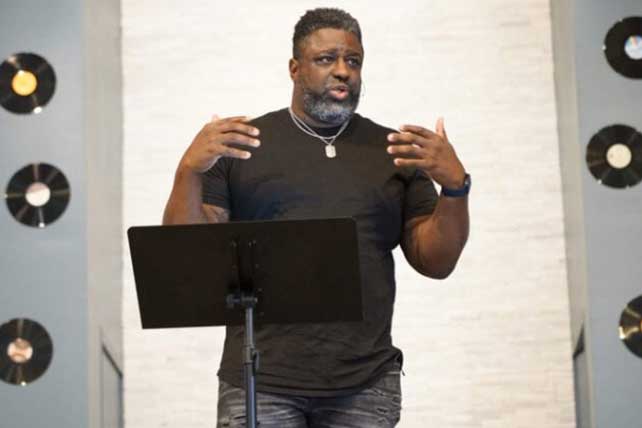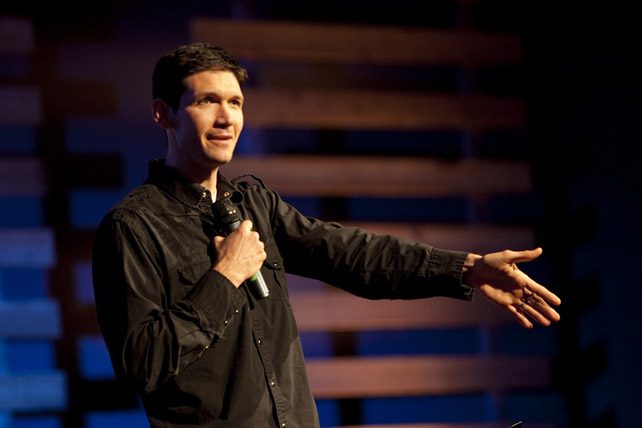Television has become a powerful platform for spreading the message of Christianity. One network that has played a significant role in this regard is the Trinity Broadcasting Network (TBN). TBN is known for its lineup of influential preachers who captivate audiences with their sermons and teachings. These TBN preachers have become household names in the world of faith-based television, drawing in millions of viewers from around the globe.
From Joel Osteen to Joyce Meyer, these preachers have made a lasting impact on the Christian community. Their sermons are filled with inspiration and biblical wisdom, providing a source of hope and encouragement for believers.
With the availability of TBN’s sermon archives, viewers can access these uplifting messages anytime, anywhere. The popularity of TBN preachers is evident in the countless reviews and opinions that praise their messages and their ability to connect with audiences. Overall, the influence of TBN preachers on Christianity cannot be denied, as they continue to spread the gospel and touch lives through their faith-filled broadcasts.
What is TBN?
The Trinity Broadcasting Network (TBN) is a popular Christian television network that reaches millions of viewers around the world. TBN is dedicated to spreading the message of Christianity through faith-based programming. This includes sermons, music, talk shows, and more.
With a focus on evangelism and spreading the Gospel, TBN provides a platform for preachers and ministries to reach a global audience. Through its satellite and cable broadcasts, as well as its online streaming services, TBN offers a wide range of content for believers and seekers alike.
For those seeking spiritual guidance or inspiration, TBN is a valuable resource. It offers access to renowned preachers, dynamic sermons, and uplifting messages that can help strengthen one’s faith and deepen their understanding of Christian principles.
In the next sections, we will explore some of the top TBN preachers, their biographical information, sermons, and the impact they have had on Christianity.
Biographical Information on Top TBN Preachers
Get to know some of the top preachers who have graced the Trinity Broadcasting Network (TBN) with their inspiring messages and ministries.
1. Joel Osteen: Born on March 5, 1963, Joel Osteen is a well-known American pastor, author, and televangelist. He serves as the Senior Pastor of Lakewood Church in Houston, Texas. Known for his positive and uplifting sermons, Osteen’s messages focus on the power of faith and the importance of living a life of hope and purpose.
2. Joyce Meyer: Born on June 4, 1943, Joyce Meyer is a popular American author and speaker. She is the founder of Joyce Meyer Ministries, which has a global reach through television, radio, and other media platforms. Meyer’s teachings emphasize the application of biblical principles to everyday life and encourage believers to develop a deeper relationship with God.
3. T.D. Jakes: Thomas Dexter Jakes, commonly known as T.D. Jakes, is a pastor, author, and filmmaker. He is the founder and Senior Pastor of The Potter’s House, a non-denominational church located in Dallas, Texas. Jakes’ sermons often address personal development, spiritual growth, and overcoming life’s challenges through the power of faith.





























